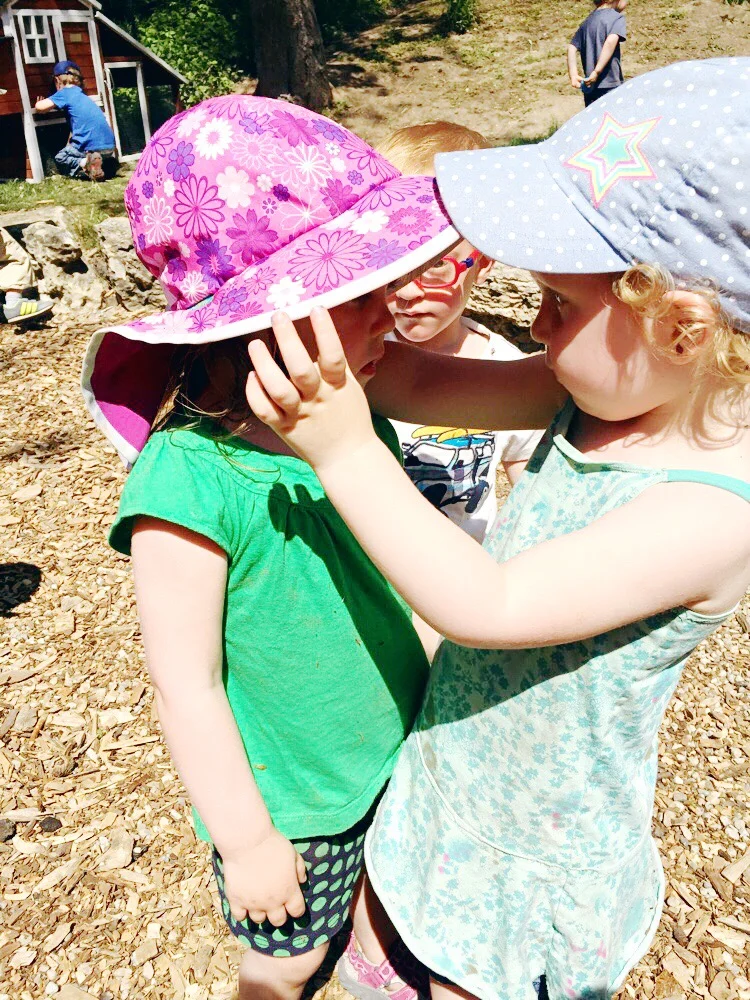Are You Ok?
Empowering our Children’s Growing Empathy
It is an inevitability. Your child wants something from another child and grabs it away. Your child pushes another child over in a rush to get to the slide. Your child gets frustrated and bites a child when they are both trying to occupy the same space. These interactions are all part of your child learning how to socialize with other people. Our instinct, as adults, is to encourage our child’s empathy by having them apologize. You bend down, look them in the eye and say, “You hurt Kyle. “Say you’re sorry.”
Wanting our children to understand and nurture their empathetic side is natural. We want our children to have deep empathy for those around them. Young children, however, are purposefully oppositional. They are supposed to dig in and say no. Asking them to apologize sets up an immediate opportunity for a power struggle. And no adult ever wins a power struggle against a toddler.
Asking a child to say sorry is an intellectual, rational action. Many toddlers can’t reflect on the pain they caused another person. Asking a child to say sorry has no meaning for them, it has no weight. They don’t feel sorry, they don’t understand why them saying sorry is important for you. We know that children need to experience life through physical cause and effect. They need to experience empathy in a tangible way, not in an intellectual one.
So, what can we do to empower our children’s growing empathy?
Here is the simple twist on saying sorry that changes a mental activity into a physical one:
After your child has hurt someone, you bend down, look them in the eye and say, “You hurt Kyle, let’s go see if he is ok.” Return to Kyle and YOU ask him, with your child by your side, “Are you ok? What can we do to make it better?” You can suggest some options - a hug, a glass of water, a tissue - and then your child (and you) can perform the action of empathy.
The more you practice with your child asking if the other child is ok and what you can do to make it better the more your child practices empathy. The more practice of a tangible action of empathy the more your child is empowered by their empathy. The more empowerment they have, the more your child understands that they can change the way they have made someone feel through a restorative action.
Soon your child will ask another child if they are ok without you modelling or prompting and, soon they will be able to take action to help the other child feel better without your help. This empowers your child’s empathy, it gives your child independence in their social relationship building. By helping your child take action, rather than saying sorry, you encourage their moral growth and ultimately lay the foundation of healthy relationships for the rest of their life.
